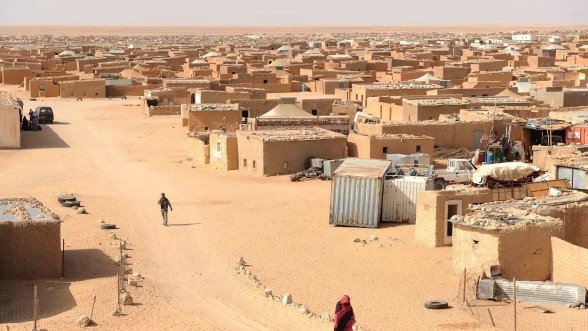A Swiss tourist was brutally killed in the southern Algerian city of Djanet on October 11, 2024. The attack, eerily reminiscent of the 2014 beheading of French national Hervé Gourdel, has sparked international concern, with Algerian authorities under fire for their handling of the situation.
Despite efforts by local officials to keep the incident quiet, French media outlets broke the silence on October 22. One of the country’s leading papers, Le Figaro, revealed that the victim, a Swiss woman, was attacked in the Sahara region near the Libyan and Niger borders. Swiss diplomatic sources have since confirmed the tragic death, heightening the intensity of the unfolding story.
Swiss authorities confirm gruesome details
The Swiss Ministry of Foreign Affairs, while acknowledging the “violent death of a Swiss citizen,” refrained from sharing further details to protect the privacy of the victim’s family and the ongoing investigation. The victim was part of a group of five Swiss travelers exploring the remote regions of southern Algeria, an area known for both its beauty and the dangers posed by terrorism and kidnapping risks.
Details of the attack: A cafè scene turns fatal
Libération, another French news outlet, offered a chilling account of the homicide. The Swiss tourist was reportedly attacked on the terrace of a café in the heart of Djanet. An assailant, armed with a knife, viciously attacked the woman, slashing her throat. Despite being rushed to a local hospital, she tragically succumbed to her injuries. Authorities have yet to release more information on the suspect or the motive behind this horrific crime.
Travel warnings heightened for Southern Algeria
The Swiss Federal Department of Foreign Affairs had previously warned against travel to certain regions of Algeria, including Djanet. The advisory emphasized the heightened risks of kidnapping and terrorist activity in the vast southern regions of the country. This brutal attack underscores the dangers that travelers, particularly in remote desert areas, may face despite security measures in place.





